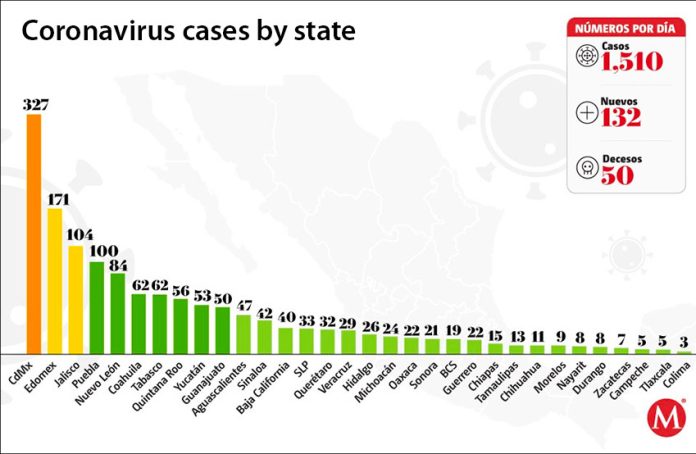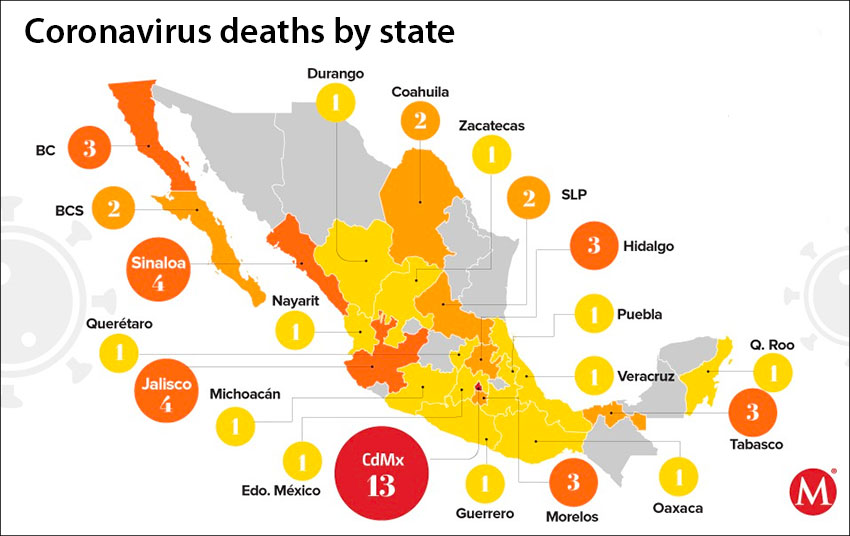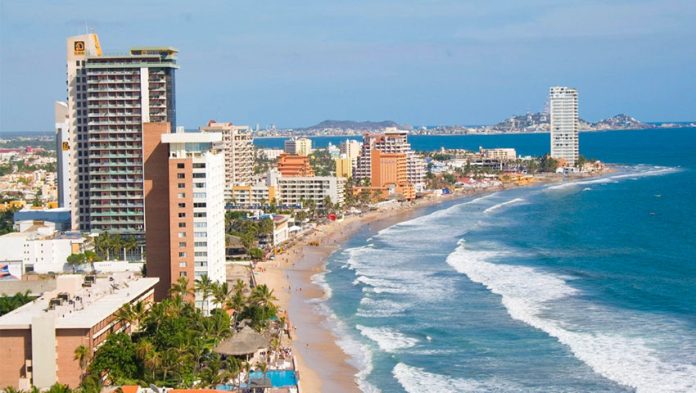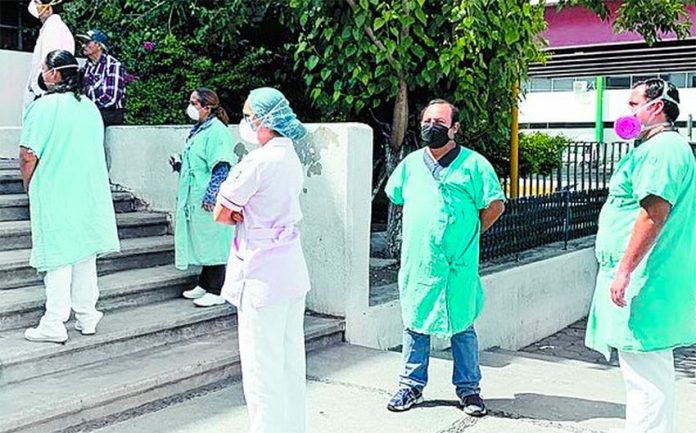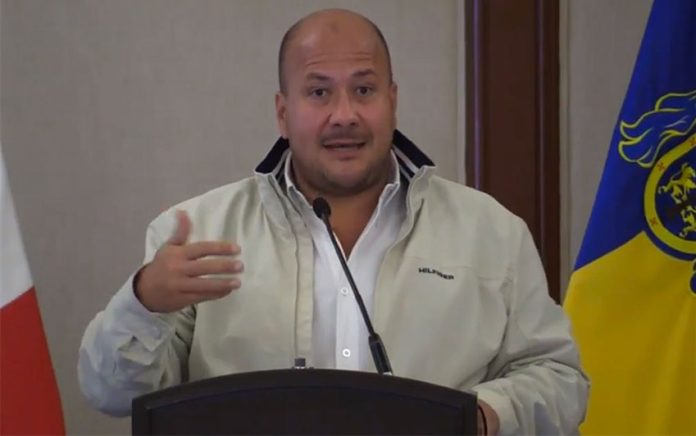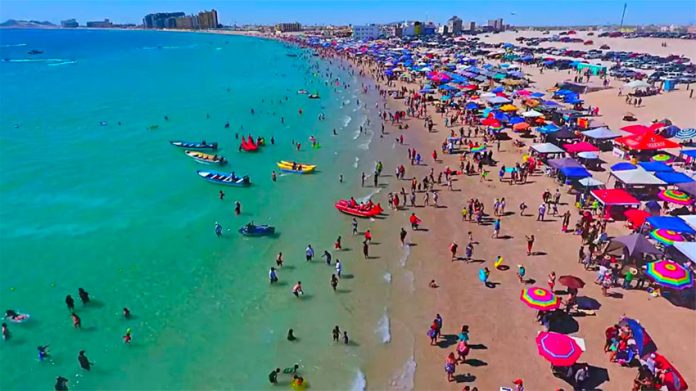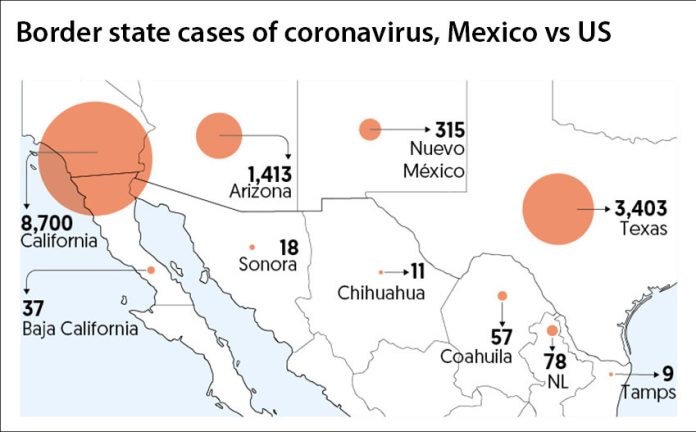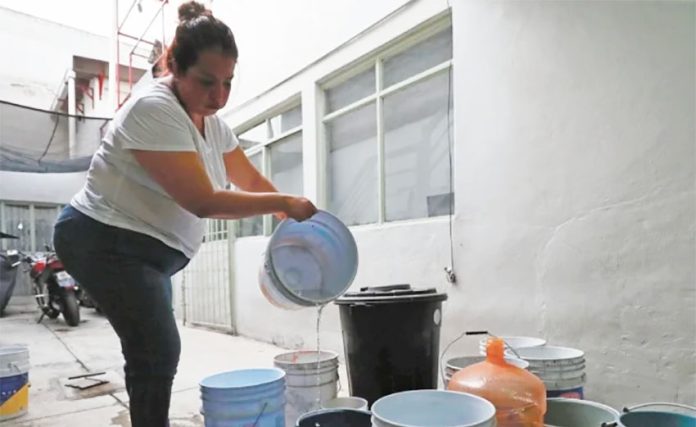The brewer of Corona, Negra Modelo and other popular Mexican beers announced Thursday that it will suspend production and sales on Sunday.
Grupo Modelo said it will stop both brewing and selling beer in response to the federal government’s Covid-19 emergency declaration, which suspends all nonessential activities until April 30.
The announcement was the latest bad news for beer drinkers as other companies announced earlier this week that they are halting beer production and rumors of a prohibition triggered panic buying in several states.
Beer production is not considered an essential activity as defined by the emergency declaration, but Grupo Modelo said the government could change that by declaring beer an essential agro-industrial product.
It said it would be ready to reinitiate production with as many as 75% of its employees working from home “in the case that the federal government considers it appropriate to issue a clarification confirming beer as an agro-industrial product.”
It said that in addition to direct employees, the beer industry impacts over 15,000 families who sow 150,000 hectares of malt barley every year in Mexico. The value chain also includes 800,000 grocers and shopkeepers who depend on beer for as much as 40% of their revenue.
Grupo Modelo has the capacity to produce a little over 82 million hectoliters of beer per year in its eight plants located in Yucatán, Zacatecas, Coahuila, Guadalajara, Oaxaca, Sinaloa, Hidalgo and Mexico City.
Its portfolio includes 46 national beer brands, including Corona, Modelo, León, Victoria, Barrillito, Pacífico and others.
The company said that it would make announcements in the coming days about further actions it will take to combat the pandemic. In March it donated 300,000 bottles of hand sanitizer made with alcohol produced in its breweries.
“We are one of the first companies in Mexico that has implemented and strictly followed the hygiene and safety recommendations of the Mexican government and the World Health Organization,” Grupo Modelo said.
As of Friday morning there were 1,510 confirmed cases and 50 deaths from the coronavirus in Mexico.
Source: El Financiero (sp), Milenio (sp)
